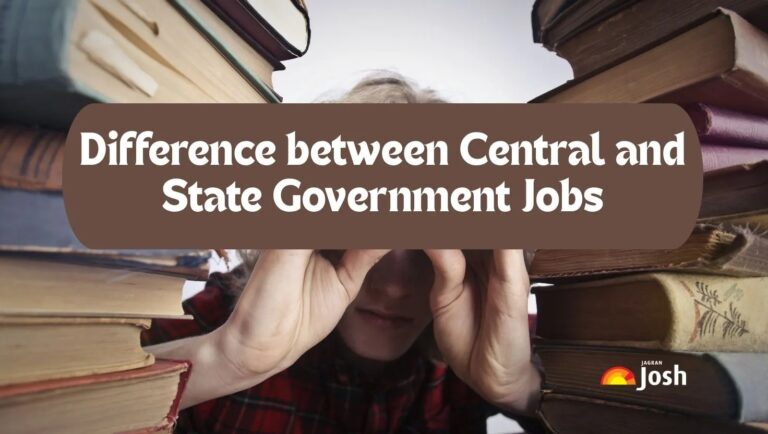
Government Employees Now Eligible for 30-Day Leave to Care for Elderly Parents
Central government employees in India are now permitted to utilize up to 30 days of earned leave annually for personal reasons, including the care of elderly parents, according to Union Minister of State for Personnel Jitendra Singh. This clarification came during a parliamentary session where Singh addressed a query regarding existing leave provisions. The policy, outlined in the Central Civil Services (Leave) Rules, 1972, allows employees to take time off for family responsibilities without compromising their professional duties. This development underscores the government’s commitment to balancing work-life demands and supporting employees in fulfilling caregiving obligations. The 30-day leave entitlement, which can be combined with other leave types like half pay or casual leave, provides flexibility for employees to manage personal and familial needs effectively. The minister emphasized that these provisions are designed to ensure employees can attend to critical family matters while maintaining their career progression.
Leave Rules and Eligibility for Government Employees
The Central Civil Services (Leave) Rules, 1972, form the backbone of leave entitlements for central government employees. These rules grant 30 days of earned leave, 20 days of half pay leave, eight days of casual leave, and two days of restricted holidays annually. The 30-day earned leave can be availed for any personal reason, including caregiving for elderly parents, as confirmed by Singh. This provision aligns with broader labor policies aimed at promoting work-life balance and reducing stress among government workers. Employees can combine these leave types to meet extended caregiving needs, though specific guidelines govern the accumulation and usage of such leave. The minister’s clarification highlights the importance of recognizing familial responsibilities as legitimate reasons for taking time off, ensuring that employees are not penalized for fulfilling these duties. This policy also reflects a shift toward more flexible and humane workplace practices in the public sector.
Impact of Leave Policies on Employee Well-Being
The introduction of 30-day leave for caregiving purposes has significant implications for the well-being of central government employees. Caregiving responsibilities, particularly for elderly parents, often impose emotional and physical strain, which can affect job performance and mental health. By providing structured leave options, the government aims to alleviate this burden and promote a healthier work environment. Employees can use this leave to attend to medical appointments, manage daily care tasks, or simply spend quality time with aging family members. The policy also encourages a more compassionate approach to workplace management, where personal and familial needs are prioritized alongside professional obligations. However, the effectiveness of these provisions depends on clear implementation guidelines and awareness campaigns to ensure employees understand their rights. This reform could serve as a model for other sectors, fostering a culture of empathy and support in the workforce.
Comparative Analysis with State Government Policies
While the central government’s leave rules provide a baseline for employee entitlements, state governments have implemented varying policies to address local needs. For instance, states like Tamil Nadu and Maharashtra have introduced additional caregiving leave provisions, reflecting regional priorities. However, the uniformity of central government policies ensures consistency across the country, which is crucial for administrative efficiency. The Central Civil Services (Leave) Rules, 1972, remain a benchmark for leave entitlements, but their application may differ based on state-specific labor laws. This discrepancy highlights the need for a centralized framework that harmonizes leave policies while allowing flexibility for state-level adaptations. The minister’s clarification on the 30-day leave entitlement underscores the importance of such policies in fostering a supportive work environment, particularly for employees with caregiving responsibilities.
Future Implications and Recommendations
The recent clarification on leave entitlements for central government employees marks a positive step toward modernizing workplace policies in India. However, further refinements are needed to ensure these provisions are accessible and effectively implemented. Regular audits of leave usage and employee feedback could help identify gaps in the current system. Additionally, expanding the scope of caregiving leave to include other family responsibilities, such as childcare, could enhance the policy’s inclusivity. The government should also consider integrating these provisions with existing welfare schemes to provide a holistic support system for employees. As the workforce evolves, so must the policies that govern it, ensuring that employees are equipped to balance professional and personal obligations without facing undue hardship. This reform sets a precedent for other sectors and highlights the importance of empathetic governance in shaping a sustainable work environment.



